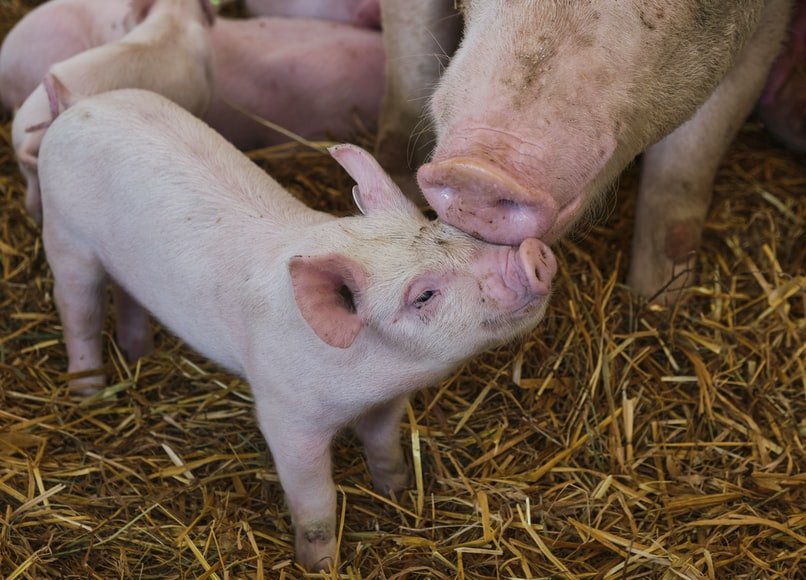Animal welfare organisation and EU stakeholders discussed last week the need to apply European animal welfare standards in trade agreements with third countries.
The EU French Presidency aims at more coherence between the EU trade policy and the Green Deal, in particular with regard to animal welfare and the “Farm to Fork” strategy. This can be done by including so-called mirror clauses in trade agreement with third countries. The clauses would require imports to adhere to same animal welfare standards as those in place in the EU.
Access to the EU’s single market and nearly half a billion consumers is a huge carrot, while revoking that privilege is a big stick that all of the EU’s trading partners would like to avoid.
“Animal welfare is not properly considered in the framework of trade law, yet, it’s a crucial field when we discuss reciprocity”, said the French Minister for Agriculture and Food Julien Denormandie at the event in Brussels (15 March).
“For the end of 2023 we’re expecting a legislative proposal on animal welfare in the context of the Farm to Fork strategy, and I believe it is essential for it to include a reciprocity component”, he added.
Reineke Hameleers, CEO of Eurogroup for Animals said the EU can lead the way towards a sustainable and humane food system and trade policy.
“We believe that the mirror clauses represent a very good mechanism to support this transition. If the EU wants to become a truly sustainable producer and live up its reputation as leader in animal welfare, it is of utmost importance to revise the animal welfare acquis and this can only be done if our standards also apply to imported products.”
Clémentine Baldon, lawyer at the Paris Bar, argued that, from a legal perspective, imposing new animal welfare standards on imports could be compatible with the rules of the World Trade Organisation (WTO).
The European Commission seems to agree. “WTO rules can be a hurdle but it’s not impossible,” said Iciar Chavarri-Ureta, Deputy Head in DG Trade. “We have a case-law very clear on that and on the conditions that have to be met. When there is a moral concern, we can of course legislate and we’ll be doing this in a number of areas.”
Marie-Pierre Vedrenne MEP, vice-chair of the European Parliament’s International Trade Committee (INTA), supported the idea: “Reciprocity is an essential topic, in line with strong and necessary demands from civil society, but also from farmers, because it fits with an objective of coherence between public policies.”
The event was also the occasion to launch the new report Bye Bye cages, by Eurogroup for Animals and Compassion in World Farming, on the legality of an EU ban on the sales of meat and eggs produced from caged animals including imported food.
According to the report, recent WTO case law does allow differential treatment in cases where consumers view two products as being different and are not willing to substitute one product for another (caged meat and eggs instead of cage-free products).
While the EU needs to apply its welfare standards on imported meat, these standards are still far from perfect. According to animal welfare organisations, the European Parliament missed an opportunity last month to improve legislation when it adopted a report on on-farm animal welfare with the Parliaments agriculture committee as the lead author.
The Brussels Times

